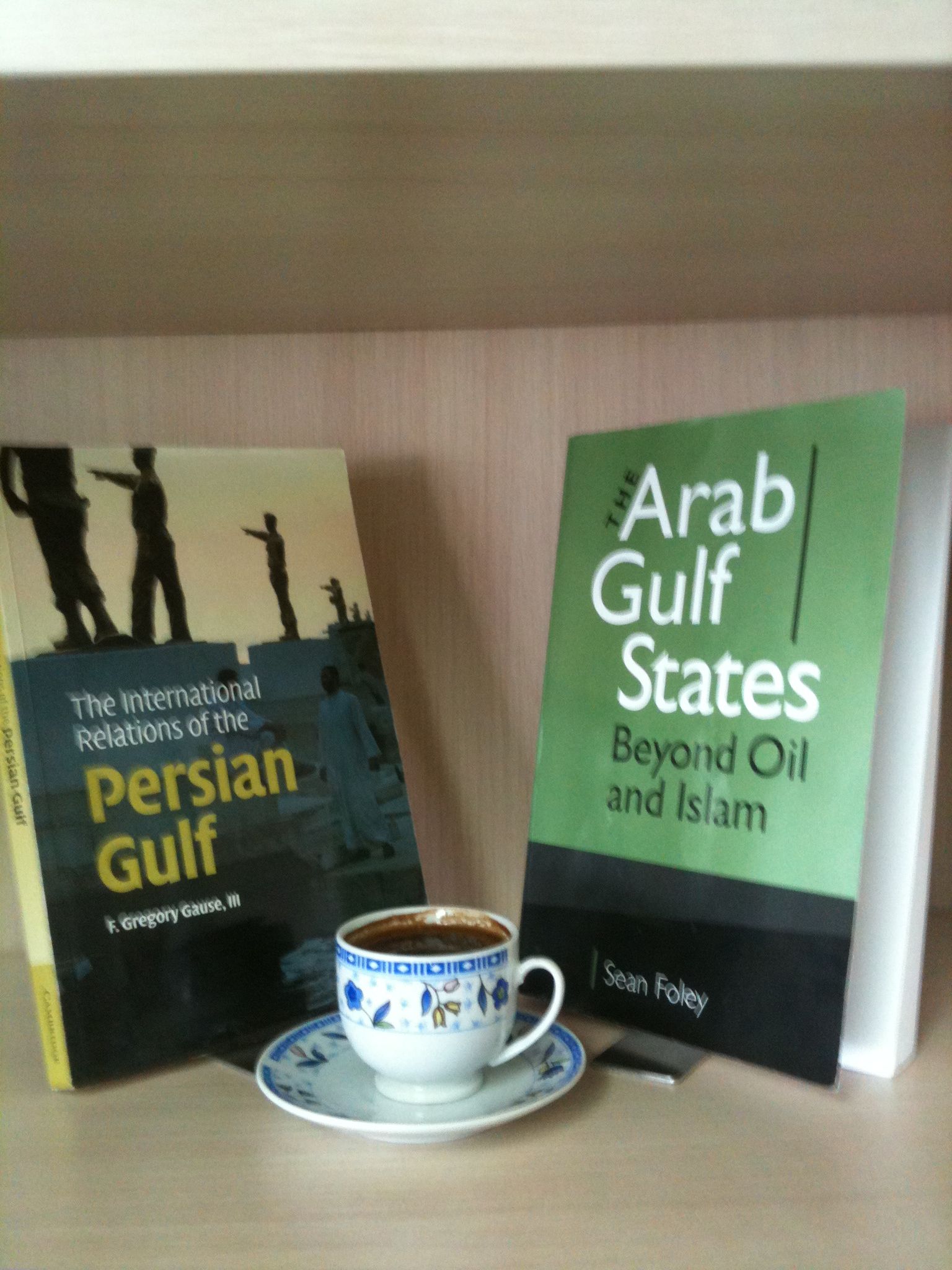
Reflections on the Gulf Studies
The Arab Gulf region is of great geopolitical importance owing to its oil and natural gas deposits. Ironically, the history and international relations of the region had, for several reasons, been quite neglected by the academic arena for decades. First and foremost, where political studies are concerned, this neglect had been linked with the development of the discipline itself and its debate in and toward non-Western states and societies specifically (see, e.g., Anderson 1987:1; Green 1993:517–518). Second, up until the late 1980s, studies on the Gulf region had been closely associated either with an examination of the Islamist role or with the Arab–Israeli conflict. Third, many orientalists and policy makers were more interested in examining the region to pursue their …
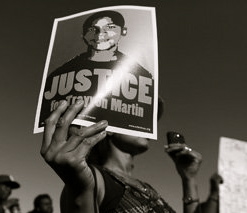
Questions of Inclusion: What the Trayvon Martin Case Reveals about Race in America
A Conversation with Rakim Brooks Background: On February 26, 2012, 17 year-old Trayvon Martin was shot and killed as he was walking home to his father’s house in a community in Sanford, Florida. Unarmed, Martin was seen carrying an iced tea and a bag of Skittles candy, when 28 year-old George Zimmerman opened fire on the boy, resulting in his death. Until yesterday, under the auspices of self defence and through the protection of Florida’s “Stand Your Ground” law, Zimmerman had not been arrested for a crime that the civil rights community insists was motivated by racial prejudice. Public outrage regarding the handling of the incident (no doubt including the decision not to arrest Zimmerman) resulted in the resignation of …
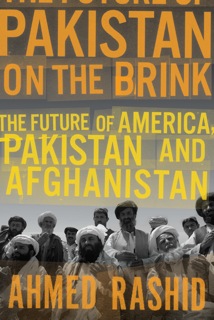
Is Pakistan a bigger problem than Afghanistan? A critical appraisal of Ahmed Rashid’s ‘Pakistan on the Brink’
Ahmed Rashid, the veteran Pakistani writer on the conflict in Afghanistan and Central Asia, has authored another book, titled Pakistan on the Brink: The Future of America, Pakistan and Afghanistan. A sequel to his four earlier books on the subject since mid-90s, especially Descent into Chaos (2008), the study underlines the precariousness of the Pakistani state’s chances for survival and the urgent need for policy resolutions. It also explains the causes of the recent deterioration in US-Pakistan relations and how they can be rectified; pinpoints factors responsible for the failure of the Obama Administration’s approach towards Pakistan and the Afghan war; and suggests ways to stabilise Pakistan and achieve a lasting peace in Afghanistan, amid the withdrawal of US and …

Next steps for Romney?
It continues to look like Mitt Romney will be the Republican candidate for President in the fall. While he is still fighting a war of attrition with Rick Santorum, it will take a major game changer for him to lose the primary. So it is no surprise that he is increasingly orienting himself towards the general election. What can the course of the campaign so far tell us about the challenges Romney will face and how he will try to tackle them? The drawn-out primary has been a mixed blessing, forcing Romney to cater to a conservative base out of touch with many Americans, forcing him to spend time and money battling right-wing rivals when he would have preferred to …
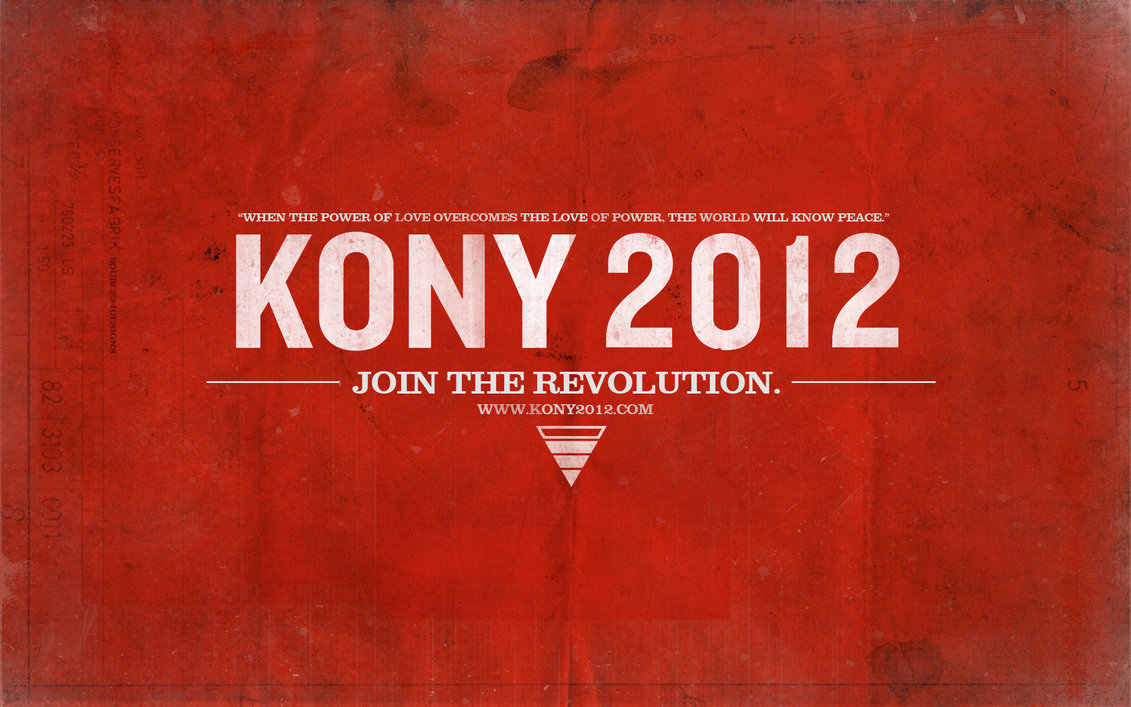
Slackers and Saviours, Kony 2012
Much has been said of the viral Kony 2012 campaign, ‘a film and campaign by Invisible Children that aims to make Joseph Kony famous… to raise support for his arrest and set a precedent for international justice’. The last page of the Invisible Children Kony 2012 action booklet reads, ‘Joseph Kony is the worst living criminal…He remains at large because he is invisible to the world. Few know his name, even fewer know his crimes. This year we are making Joseph Kony famous, because when he is, the world will unite for justice and demand his arrest’. The Campaign The campaign kicked off with the release of a (painfully narcissistic) 30-minute film that grossly oversimplifies the conflict and the actors. …
Santorum, Catholicism, and the American ‘Wall of Separation between Church and State’
When Rick Santorum claimed that JFK’s 1960 ‘separation of church and state’ Houston campaign speech made him want to throw up, he was rightly criticized for it. Kathleen Townsend for the Washington Post said ‘Either Santorum doesn’t know his American history or he is purposefully rewriting it.’ Working in the wonderful New York State Archives in Albany this week I found a great deal of material on Catholic religious school aid controversies, which shed light on the history of US anti-Catholicism and ‘Wall of Separation between Church and State’ rhetoric. Since Santorum is a Catholic and so was JFK, along with fully a quarter of all Americans, examining such materials may help us to understand why Santorum made such remarks, …
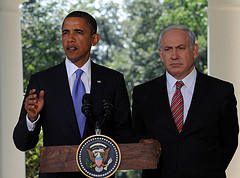
Obama must stand up to Netanyahu
Reposted here is my op-ed in today’s Independent on Obama’s meeting with Netanyahu. It is clear what kind of Israeli prime minister President Obama will be receiving at the White House today. Benjamin Netanyahu is a bellicose, right-wing Israeli nationalist, a rejectionist on the subject of Palestinian national rights, and a reactionary who is deeply wedded to the status quo. Nationalism has an in-built tendency to go to extremes and Netanyahu’s brand is no exception. A nation has been defined as ‘a group of people united by a mistaken view about the past and a hatred of their neighbours’. This definition fits the Likud leader on both counts: he has a selective and self-righteous view of his own country’s history and …
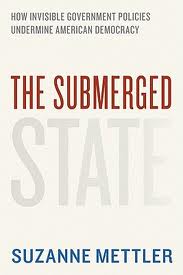
Book Review: The Submerged State: How Invisible Government Policies are Undermining American Democracy
The Submerged State: Atlantis? No, a slim and highly readable volume in which Suzanne Mettler describes how certain public policies have become highly resistant to reform and damaging to American democracy. By ‘submerged state’ Mettler means a set of indirect government subsidies and benefits whose size and beneficiaries, indeed whose very existence, is largely invisible to the public. Some types of governmental intervention are highly visible: most citizens are aware of them and know something about what they are, how they work and who benefits from them. For instance, most people know about the veterans’ benefits offered by the G.I. Bill. But others are more ‘submerged’, hidden either because they are channelled through private delivery organizations or because they come to …









